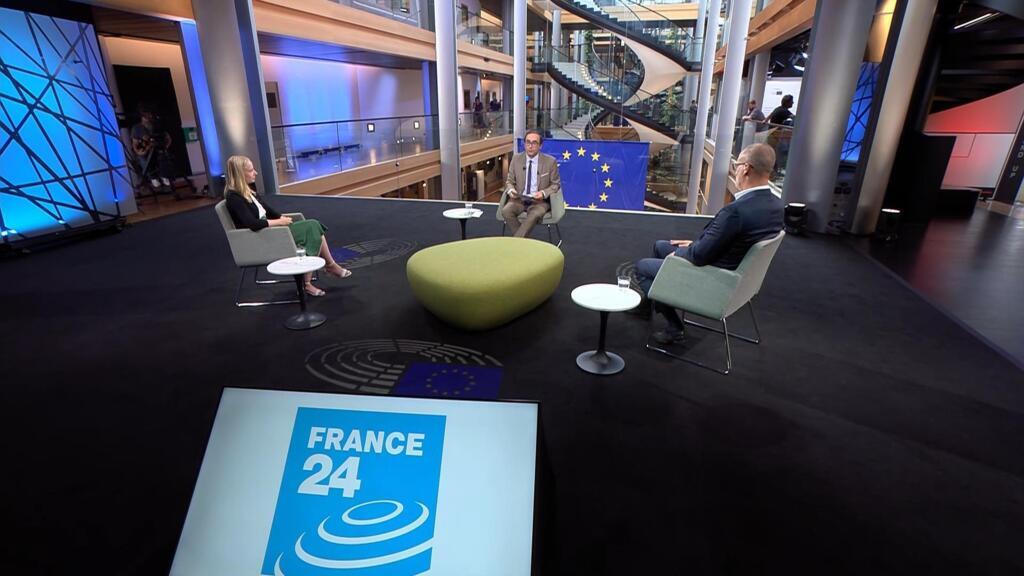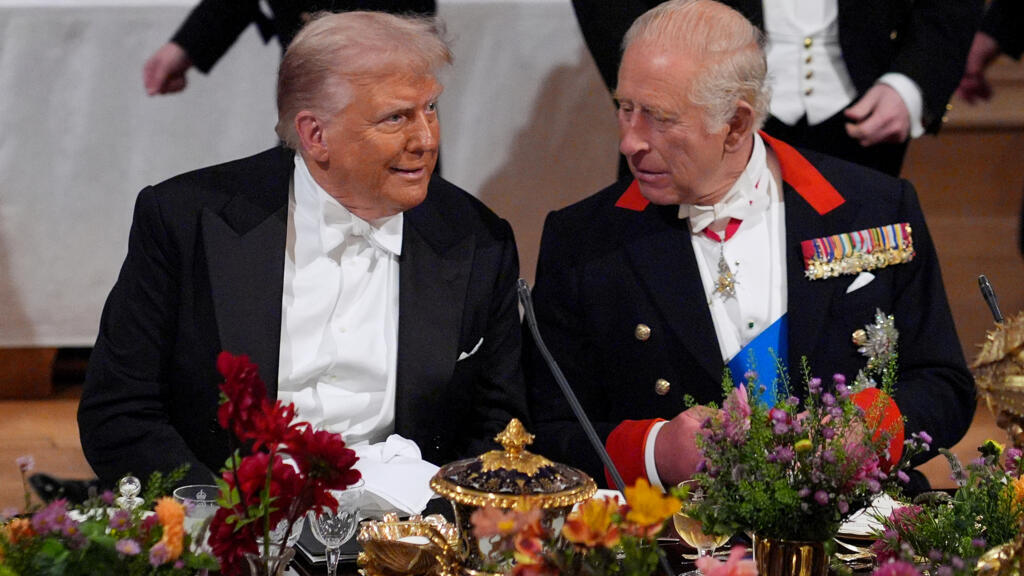As the academic year begins, a significant number of students will take part in what has become a popular rite of passage: studying abroad as part of their coursework. The Erasmus+ programme has greatly evolved since its inception in 1987, initially known as Erasmus, and has broadened its scope beyond just university undergraduates and postgraduates. Following its expansion in 2014, the Erasmus+ initiative now also serves apprentices, trainers, job-seekers, and various other individuals who can benefit from international exchanges.
Over the years, the Erasmus+ programme has played a crucial role in fostering personal and professional development for more than 16 million participants. Today, the programme boasts the involvement of 33 countries, which includes all 27 EU member states. This widespread participation highlights the programme's significance in promoting intercultural exchange and cooperation across Europe.
Despite its widespread success, Erasmus+ is not without its challenges, particularly in the area of social inclusion. Inclusivity remains a critical concern, as many individuals from underrepresented backgrounds or disadvantaged situations still face barriers to participation. As such, ongoing discussions among policymakers and educational leaders are vital to ensure that the benefits of Erasmus+ reach a more diverse range of participants.
In addressing these social inclusion challenges, members of the European Parliament (MEPs) serving on the Committee on Culture and Education (CULT) have been engaged in critical dialogues. These discussions aim to identify potential solutions that could enhance accessibility and broaden the reach of the programme. By focusing on inclusive approaches, the CULT committee seeks to create an environment where all individuals, regardless of their socio-economic status, can fully participate in the Erasmus+ opportunities available to them.
The significance of Erasmus+ extends far beyond mere academic exchange; the programme cultivates a sense of European identity and promotes solidarity among diverse cultures. Participants return not only with enhanced qualifications but also with invaluable experiences and a deeper understanding of different societies and lifestyles.
As the new academic year progresses, it is essential for stakeholders involved in Erasmus+—including educational institutions, government bodies, and NGOs—to continue advocating for policies that prioritize inclusivity. By addressing the barriers that hinder participation, the programme can fulfill its mission of not only educating but also uniting individuals across Europe.
In summary, the Erasmus+ programme represents a vital initiative within the European education landscape, promoting personal growth and cultural exchange. However, it must confront the pressing issues of social inclusion to ensure that it remains accessible to all. Through concerted efforts from policymakers and educational institutions, there is potential for Erasmus+ to further strengthen the bonds that connect diverse communities throughout Europe.












